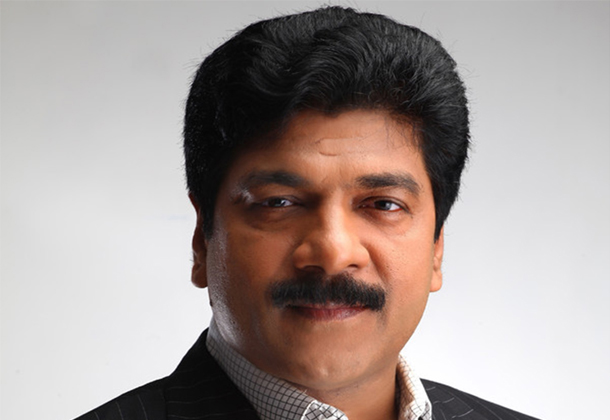New ayurveda protocol on anvil, as tourism industry prepares for safer post-Covid era

A new ayurveda protocol will take shape in the post-Covid era aimed at keeping tourists safe and healthy, given that any wellness treatment would involve high degree of body contact.
A set of ayurvedic associations like the Ayurvedic Medicine Manufacturers Organisation of India (AMMOI), the Ayurveda Hospital Management Association of India (AHMA) and Ayurveda Medical Association of India (AMAI) have been engaged in sustained conversations with the Central government on the subject. A new protocol document has been submitted by the associations for approval and a panel is currently looking into it.
Talking to Tourismnewslive.com, Baby Mathew Somatheeram, Kerala Travel Mart (KTM) president, said not just tourists but therapists too are concerned about the situation. “Massages and other similar treatments may be considered as high-risk propositions during the time of Covid-19. Through various representations we have notified the government and a suitable solution via a protocol will be found soon,” he said.
A similar protocol may need to be adopted for houseboats as well. The possibility of social distancing is minimal as far as houseboats are concerned. “The great thing about houseboats is that only limited number of people can occupy it. But a protocol may be required for this aspect of tourism too,” Baby Mathew said, during the interview.
Ayurveda and house boat tourism form the backbone of Kerala’s tourism industry, which garnered revenues of Rs 45,000 crore in the previous year. However, at this stage the focus is on survival after the coronavirus crisis wreaked havoc in the industry. The next six months will be a difficult period for the tourism sector not just in India but all over the world. But it’s also a period of learning.
“It’s a time to prepare well. When the market opens up, we should be ready to welcome it with all the necessary marketing initiatives. Inbound tourism will take time but we can definitely focus on domestic tourism,” he said.
It’s a reality that many people in Kerala haven’t been to the best of destinations within Kerala. Or for that matter many wouldn’t have visited some of the best resorts in Kerala, some of which are world class. International tourists may have visited them, but not some people living within Kerala. The hospitality sector is keen to tap into this piece of the pie. It’s a fact that many Malayalis haven’t seen Kerala properly, and therein lies the biggest opportunity for this year.
“I would like to call it regional tourism. We have to start promoting it in a big way and increase the marketing spend on it by ten times. I would like to narrate a small incident here. I was a producer of a movie being shot in Gavi. I wanted go there but couldn’t because of my schedule, though the shoot went on for many days. So, you can imagine the number of places that a domestic tourist can visit. There will be so many destinations within Kerala that he wouldn’t have been to,” said Baby Mathew.
Of course, all of these would be possible only if the health of the tourism industry is robust. Right now, there are myriad issues for the sector to deal with. Salaries have to be paid to the staff though revenues have dried up, tax breaks haven’t come through, the government hasn’t announced any stimulus package yet and overheads and maintenance of properties continue to chip away at resources.
“We were hoping that the government would waive off the fixed electricity charges for HT users in the hospitality sector. But it has merely allowed us to defer the payment for six months. This would result in a pile up and will not help the industry,” Baby Mathew said. “I would say the same for banks. They have allowed for a moratorium on repayment of loans for a period of three months but that doesn’t really help. They should waive off the interest for this period. They can give soft loans at an interest rate of 4%. Amidst all this, banks continue to make money. Their meter is running all the time,” Mathew added.







